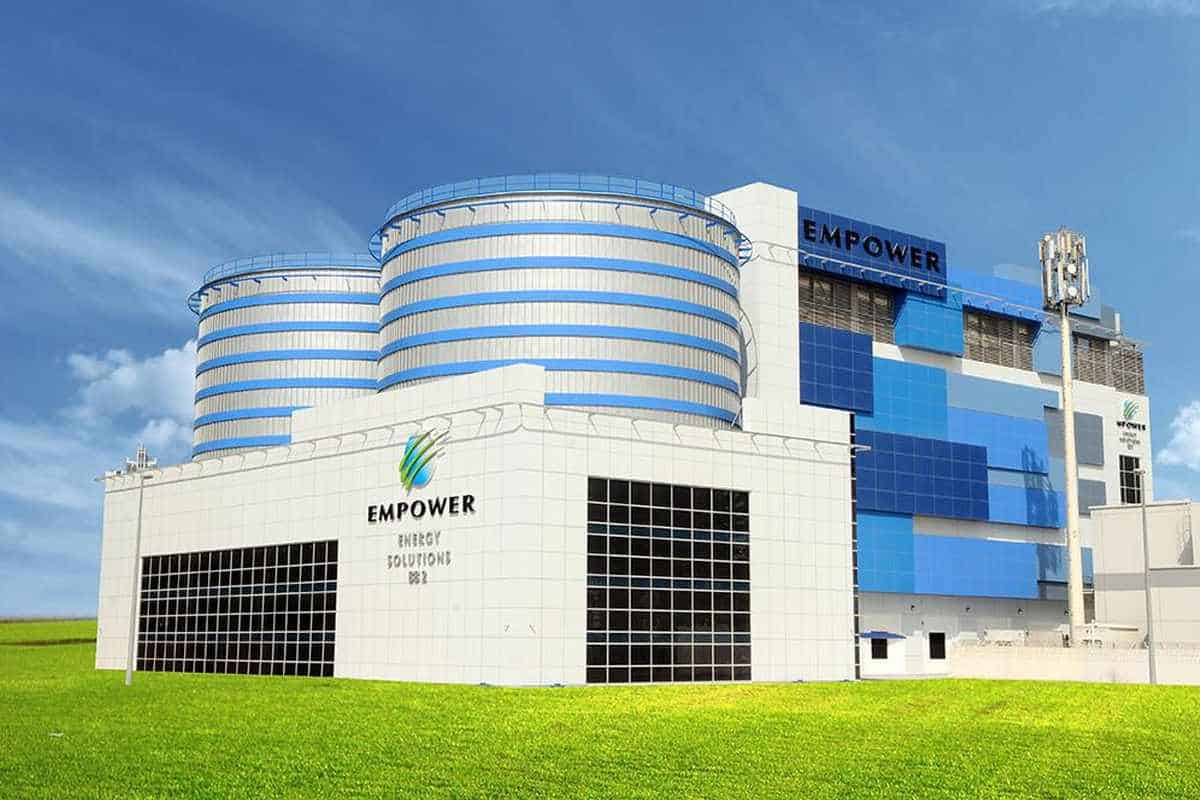Emirates Central Cooling Systems Corporation (EMPOWER), the world’s largest district cooling services provider, has said that the total length of its district cooling pipeline network across Dubai exceeded more than 369 km, as of the end of 2021, with a growth of more than 33.2 percent during the period from 2018-2021.
The new total length of the district cooling network in Dubai is 446 times the length of Burj Khalifa, the world’s tallest building.
The network expansion in 2021 is attributed to the new projects added to Empower’s portfolio, most notably the Marsa Al Arab, and the expansions of Dubai Healthcare City, Dubai Land Residential Complex (DLRC), Business Bay and the expansion of DIFC to provide company’s district cooling services to Wasl1 and others, Empower said.
“The expansion of our district cooling network is driven by the increasing demand for environmentally-friendly district cooling services, on the one hand, and on the other hand it reflects Empower’s tireless efforts to develop an infrastructure that help achieve the goals of Dubai sustainable development plans,” said Ahmad Bin Shafar, CEO of Empower.
Bin Shafar stressed that Empower has actively contributed to the implementation of the various government strategies that support the adoption of clean energy, including the UAE Energy Strategy 2050, which aims to increase the contribution of clean energy in the total energy mix from 25 per cent to 50 per cent by 2050.







